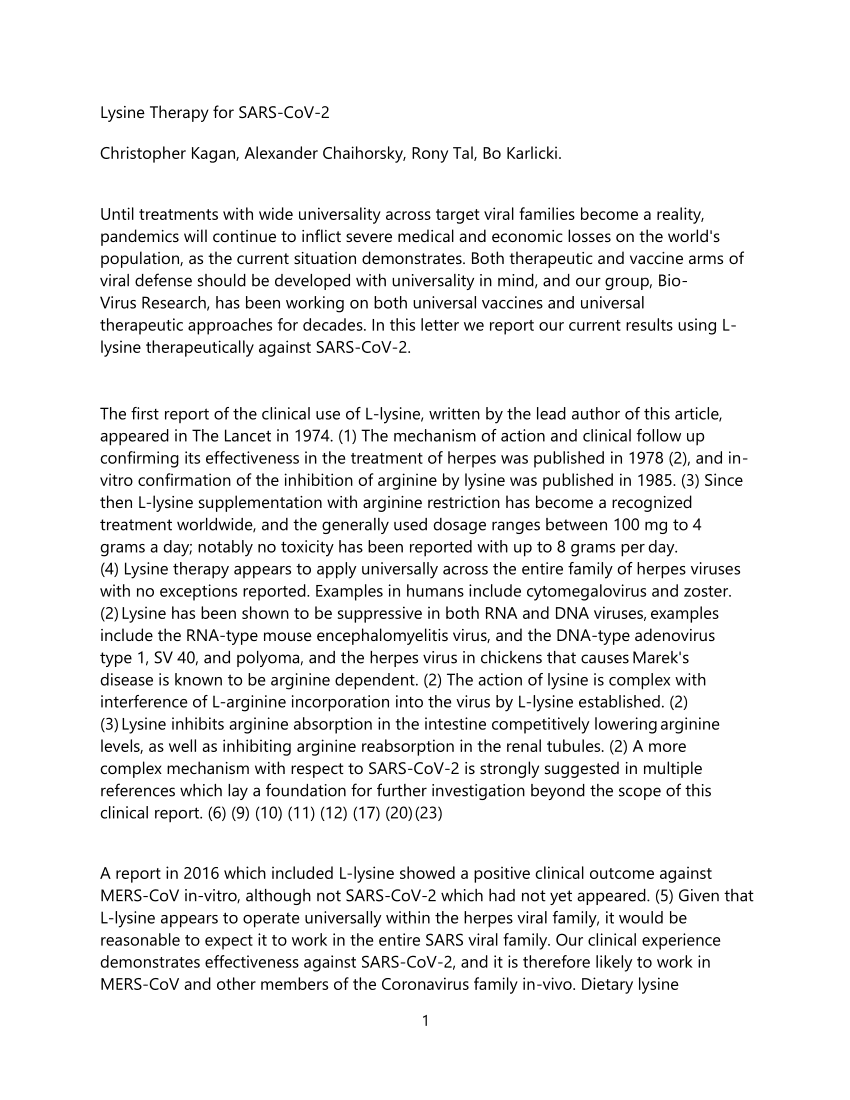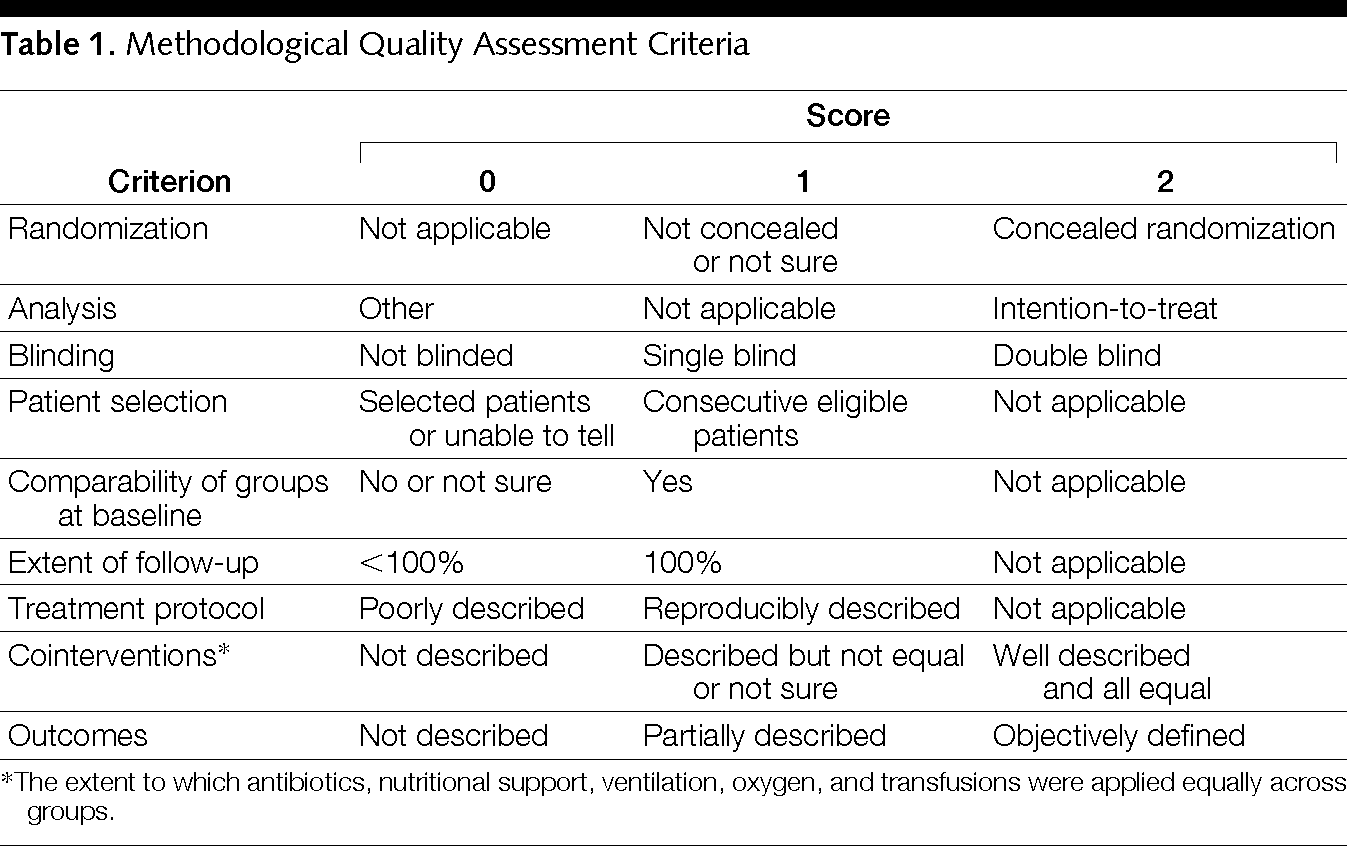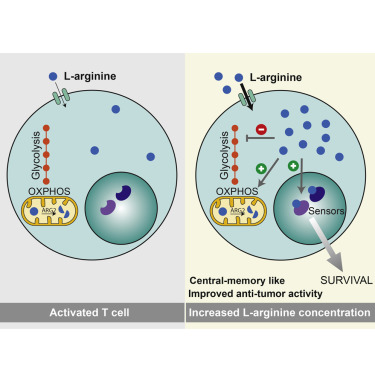I was reading about Lysine boosting strategies for Covid prevention and recovery. While doing I read a few studies recommending against caffeine, since it would go against this lysine boosting logic. One study below claims it promotes arginine in the brain. Since Lysine/Arginine/NO/Caffeine have been discussed extensively on this forum, some of you may have thoughts on this. Does the caffeine reduction argument makes sense to you? Both the study and the video linked below claim that patients get worse with caffeine during Covid recovery.
Lysine Therapy for SARS-CoV-2

 www.researchgate.net
www.researchgate.net
Effect of caffeine on metabolism of L-arginine in the brain

 pubmed.ncbi.nlm.nih.gov
pubmed.ncbi.nlm.nih.gov
An older thread where one of the authors of the study discussed Lysine boosting & Coffee reduction strategies for Covid.
 raypeatforum.com
raypeatforum.com
Lysine Therapy for SARS-CoV-2

(PDF) Lysine Therapy for SARS-CoV-2
PDF | On Sep 11, 2020, Christopher Kagan and others published Lysine Therapy for SARS-CoV-2 | Find, read and cite all the research you need on ResearchGate
Effect of caffeine on metabolism of L-arginine in the brain

Effect of caffeine on metabolism of L-arginine in the brain - PubMed
Methylxanthines are widely consumed because of their stimulating effect primarily on the central nervous system. Their diuretic and respiratory stimulant action is used in clinical medicine. L-Arginine metabolism in the brain is very important for normal brain function. In addition to brain...
An older thread where one of the authors of the study discussed Lysine boosting & Coffee reduction strategies for Covid.
Covid-19, neurological issues, and Coffee: Need Help
Hey everyone, Just recovering from Covid-19 but dealing with some neurological effects. I got weakness in my muscles and twitches, along with tinnitus, and generally still experience some problems here and there. What is weird is that I noticed my anxiety is through the roof lately, I get...


